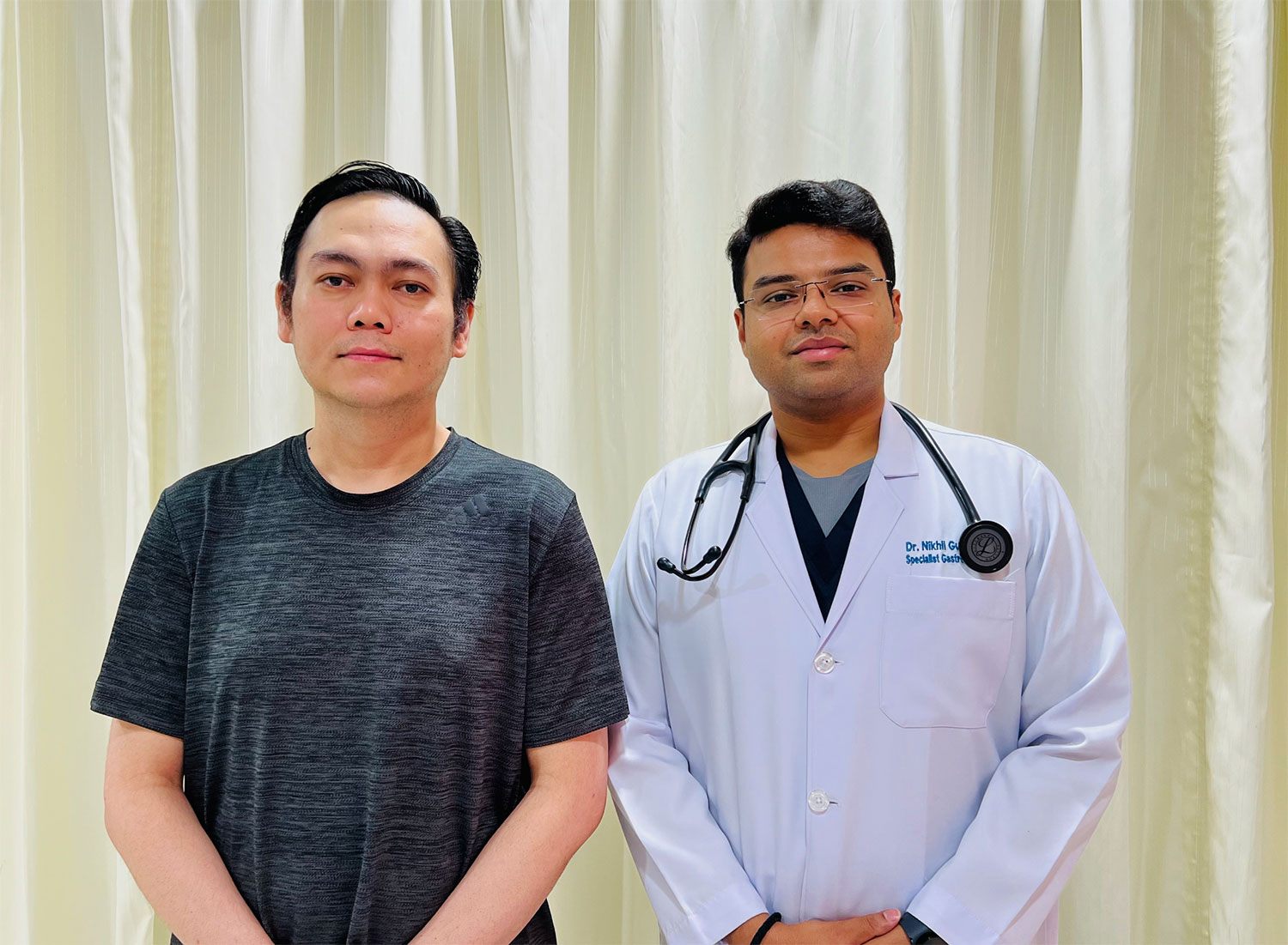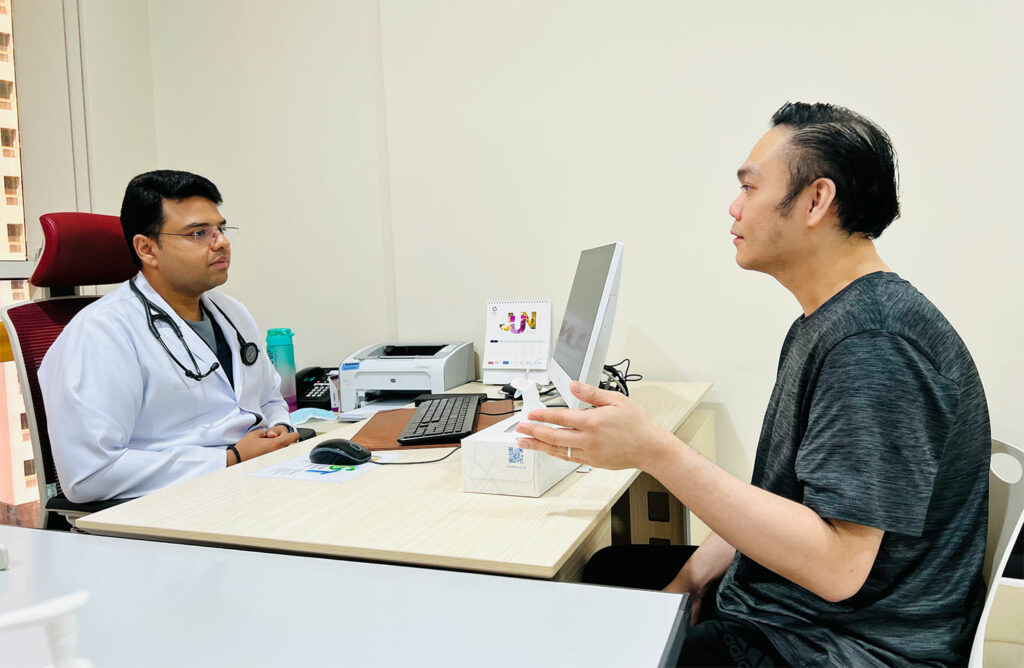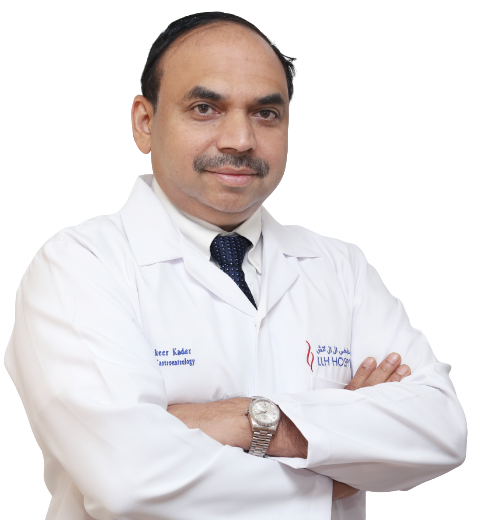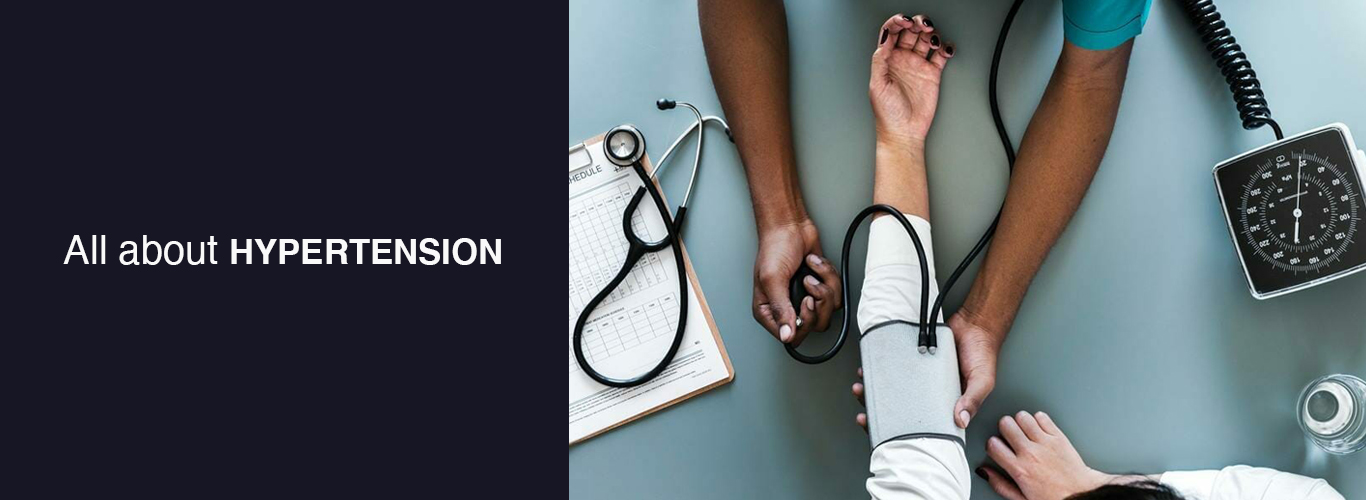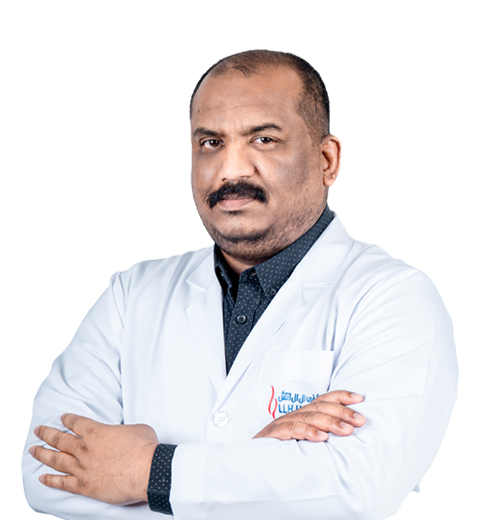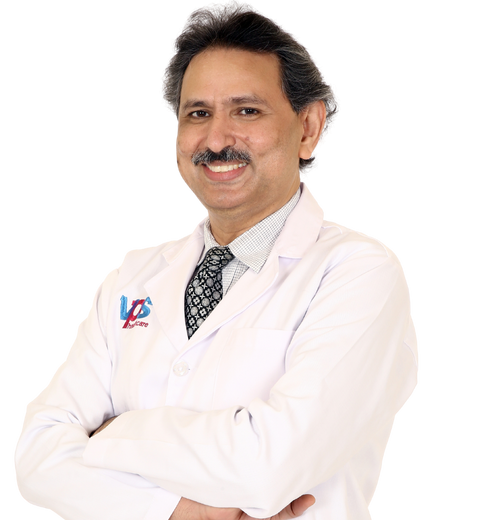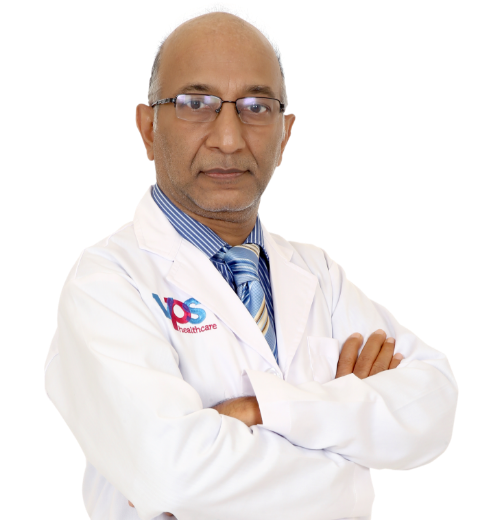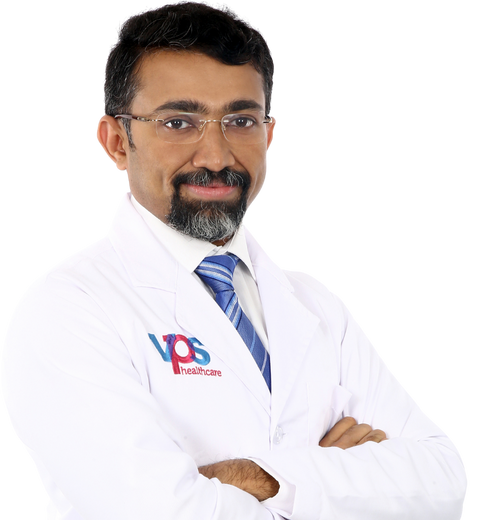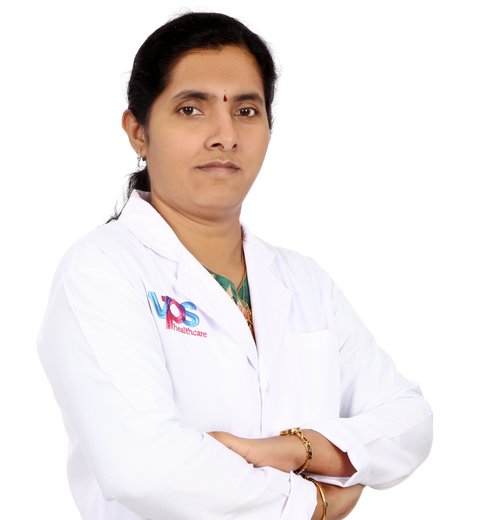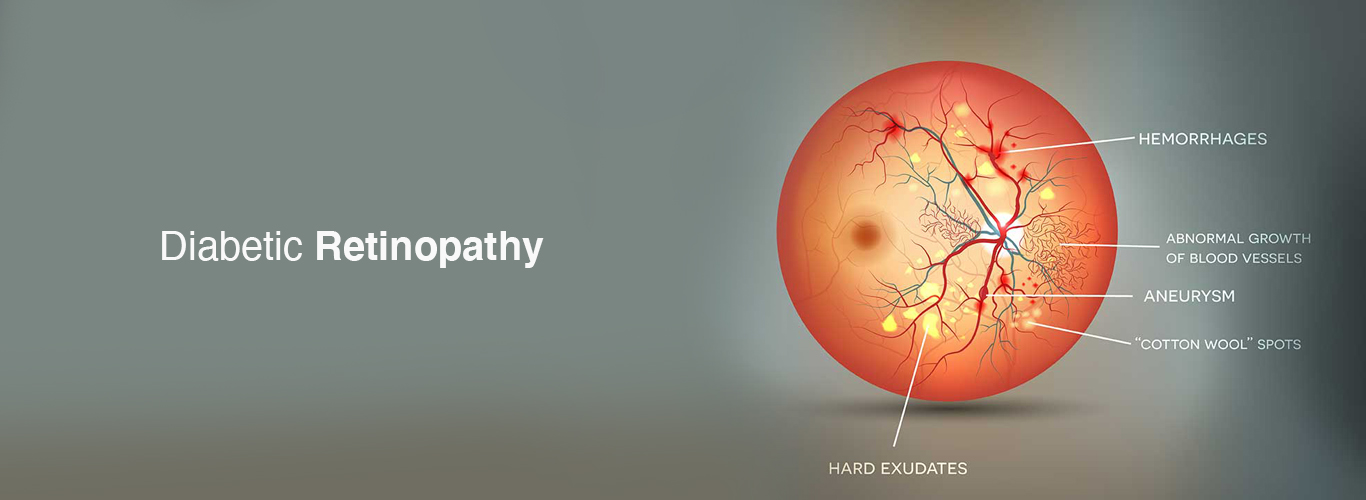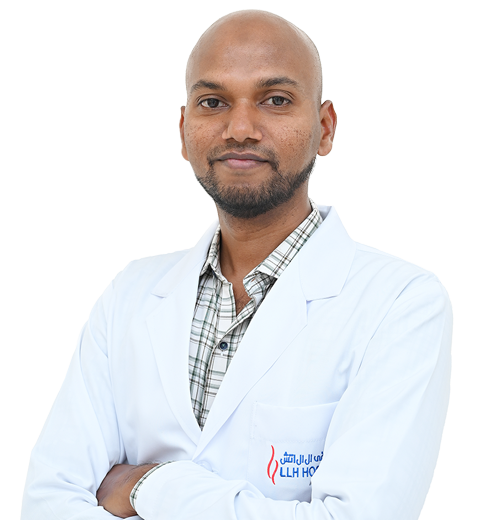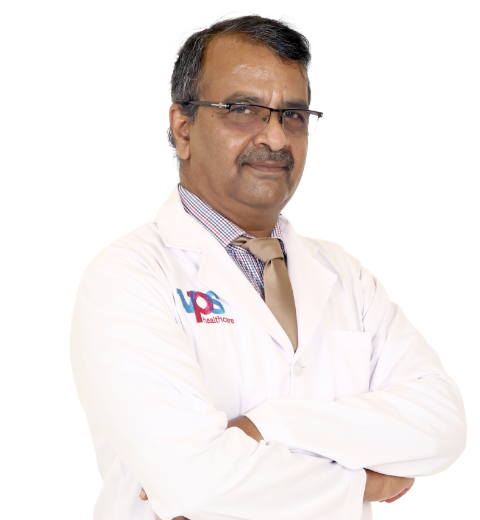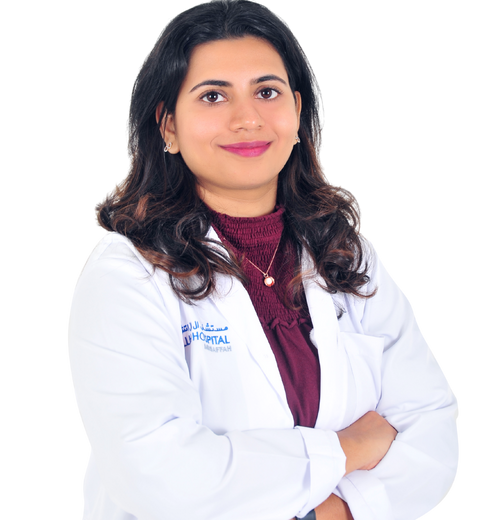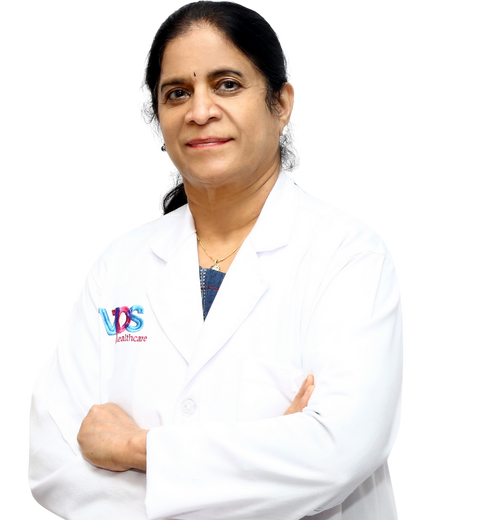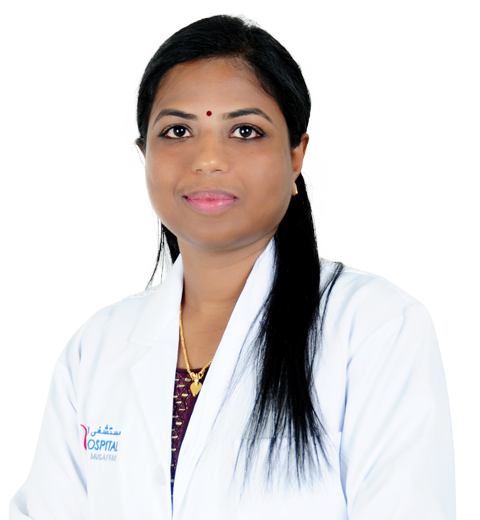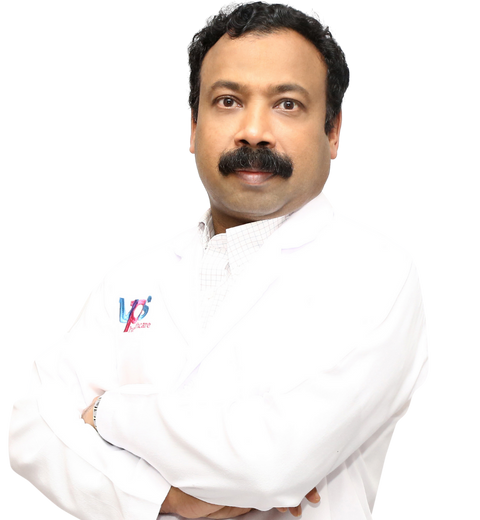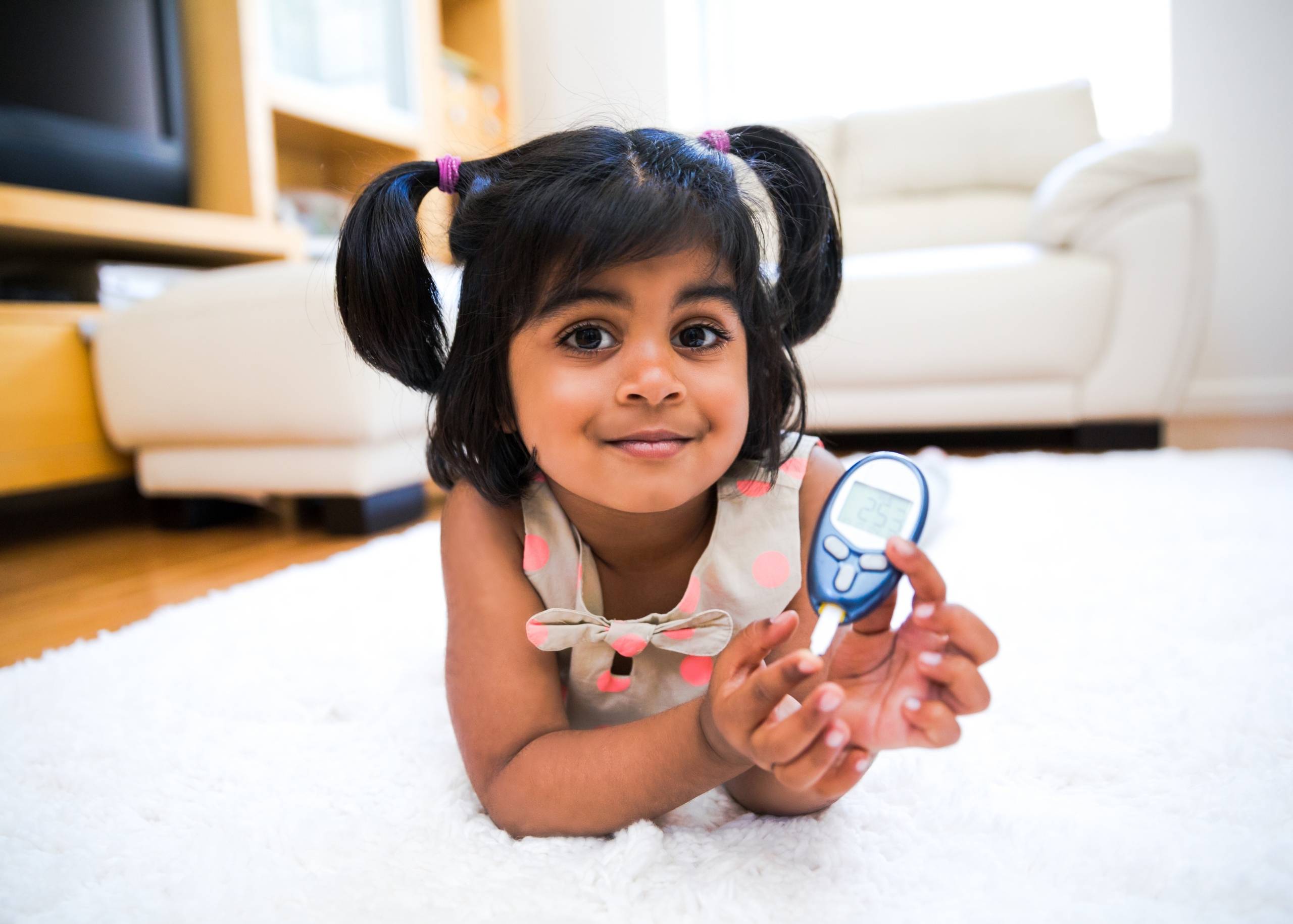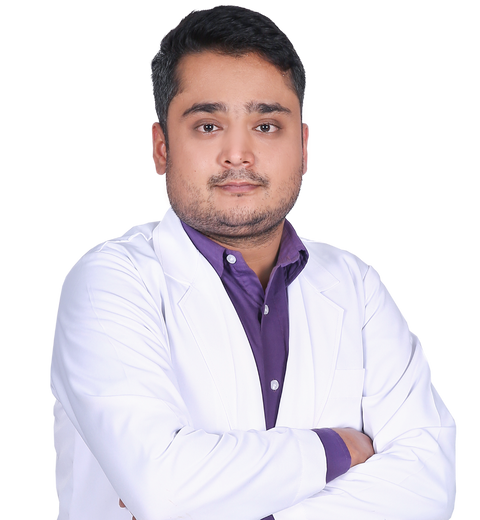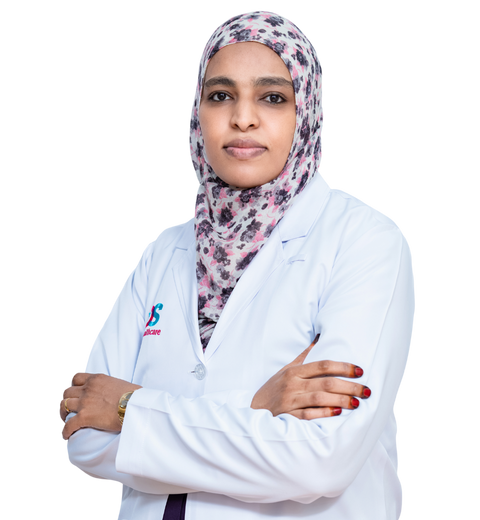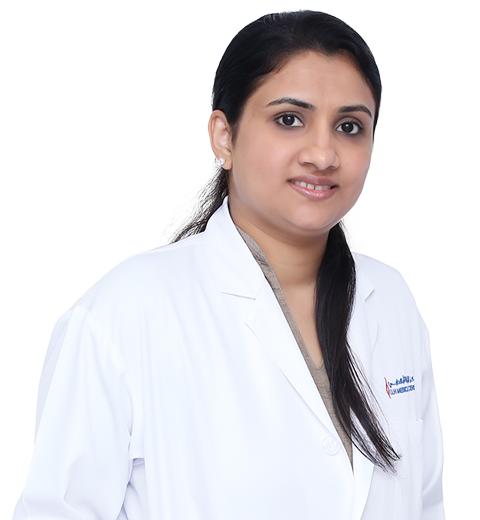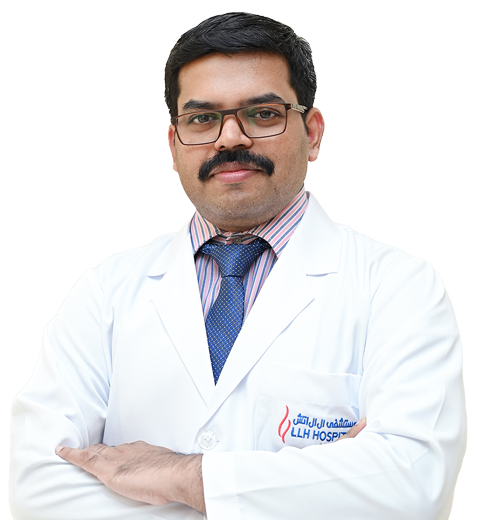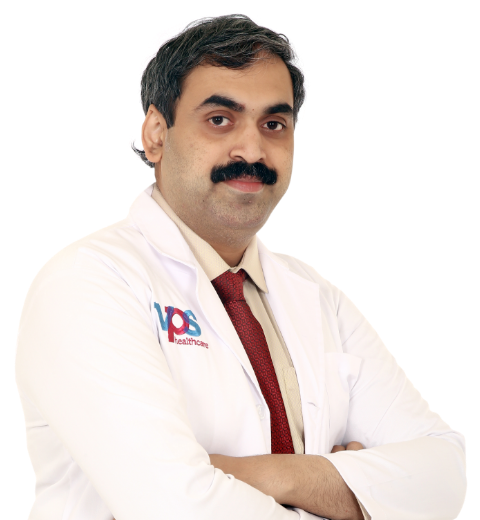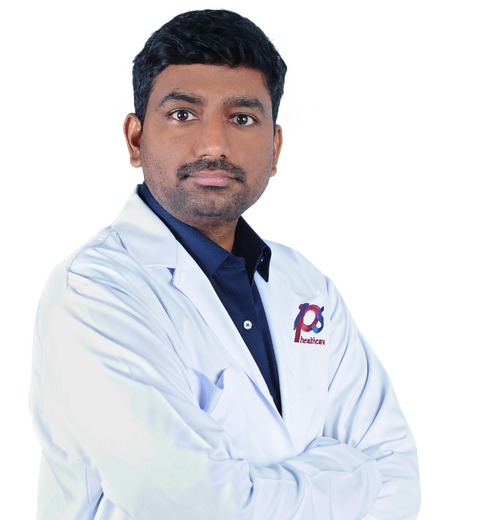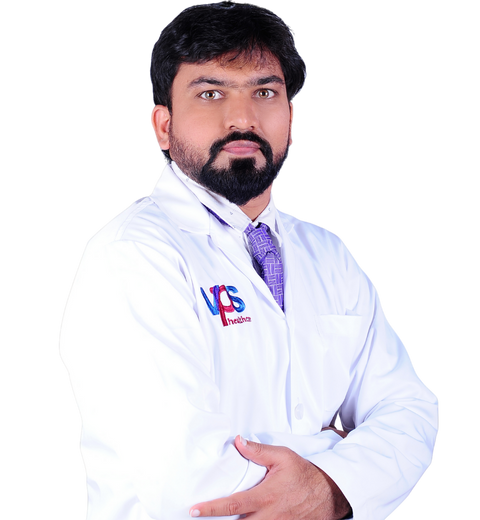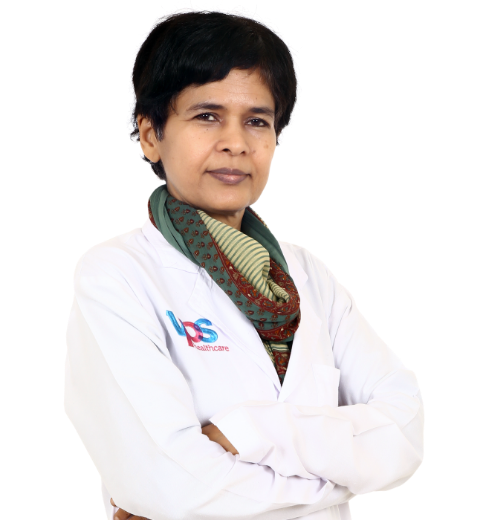If you’re expecting and your due date falls during the summer or early fall in Abu Dhabi, taking care of your well-being can be a challenge, especially in the hot temperatures. Dr. Mrudhula Peta, a renowned gynecology specialist at LLH Hospital Mussafah, understands the unique needs of pregnant women in Abu Dhabi and shares valuable tips to ensure a safe and comfortable summer pregnancy experience.
How Does Summer Heat Affect Pregnancy in Abu Dhabi?
When the summer heat soars in Abu Dhabi, it’s crucial to be aware of how it can impact your pregnancy. Dr. Mrudhula Peta emphasizes that maintaining a normal body temperature is vital for pregnant women. When a pregnant woman’s body temperature exceeds 102.2 degrees Fahrenheit, she faces a higher risk of heat exhaustion, heatstroke, and dehydration. Additionally, inadequate fluid intake can lead to Braxton Hicks contractions (uterine tightening) and fainting spells, posing potential complications to the unborn baby.
Can Hot Weather Affect the Unborn Baby?
In Abu Dhabi’s summer months, pregnant women need to be cautious as the hot weather can pose risks to the unborn baby. Dr. Mrudhula Peta highlights two significant concerns:
- Dehydration: Staying hydrated is crucial to avoid dizziness, lightheadedness, and fainting, which can harm both the mother and the baby. During the late second and early third trimesters, a fall resulting from dehydration can lead to amniotic fluid loss. Moreover, dehydration triggers the production of vasopressin, which can cause “false” uterine contractions known as Braxton Hicks contractions. Remaining dehydrated during contractions can reduce blood volume and blood pressure, potentially leading to preterm labor.
- Hyperthermia: Hyperthermia refers to abnormally high body temperature levels. Early pregnancy hyperthermia can increase the risk of congenital issues in the unborn child, particularly neural tube defects like spina bifida. It’s important to note that this risk is primarily limited to the first eight weeks of pregnancy. Beyond that period, spikes in body temperature are unlikely to cause congenital concerns.
Achieving a Safe and Comfortable Summer Pregnancy in Abu Dhabi:
To optimize your summer pregnancy experience in Abu Dhabi, Our maternity doctors’ recommends the following tips:
- Take a Swim: Cooling off in the cool water is an excellent way to beat the summer heat and reduce pressure on your feet. Swimming is not only refreshing but also a low-impact exercise option.
- Wear Light and Breezy Clothing: Opt for loose-fitting clothing made of breathable fabrics in light colors. This helps you stay comfortable by reflecting the sun’s rays and combating the humidity and heat.
- Stay Out of Direct Sunlight: Avoid going outside during the peak hours of a sunny day, as pregnant women are more susceptible to sunburn. If necessary, protect yourself from harsh UV rays by wearing a hat, sunglasses, using a parasol, and applying sunscreen with SPF 30 to 45, especially if you have fair skin.
- Exercise with Caution: Choose your exercise routine wisely and be mindful of the timing and location. Engage in physical activity during cooler hours, such as early morning or sunset, to avoid the intense heat. Consider indoor exercises in air-conditioned environments, such as joining a pregnancy program at the gym or suitable indoor classes. Swimming is an ideal choice as it provides a low-resistance-high-impact workout while keeping you cool.
- Stay Hydrated: Rehydrate regularly by drinking eight ounces of fluids (water or electrolyte replacement) per hour spent outside on a hot summer’s day. If you experience fatigue, dizziness, weakness, or excessive thirst, seek shelter indoors immediately, lie down, and drink a cool beverage to lower your body temperature. If symptoms persist, it’s essential to consult Dr. Mrudhula Peta promptly.
- Mist Yourself with Water: Carrying a spray bottle filled with water allows you to periodically spritz yourself and stay cool during your time outdoors in Abu Dhabi.
- Elevate Your Feet: Spend some time each day elevating your feet above heart level to reduce swelling, particularly in the legs, which can be exacerbated by the summer heat.
- Eat Nutritious Foods: Proper nutrition is crucial during pregnancy, especially in hot weather. Ensure you consume protein-rich foods and healthy fats like avocados and oils to support your health as you endure the sweltering sun.
- Avoid Spoiling Foods: If you’re carrying food outdoors, be mindful of items that can spoil quickly under the summer sun. Ensure you select foods that are safe and won’t pose any risks to your well-being.
By incorporating these tips into your daily routine, you can enhance your chances of having a smooth and enjoyable summer pregnancy in Abu Dhabi. Trust Dr. Mrudhula Peta’s expertise as a gynecology specialist at LLH Hospital Mussafah to guide you through this special journey.





